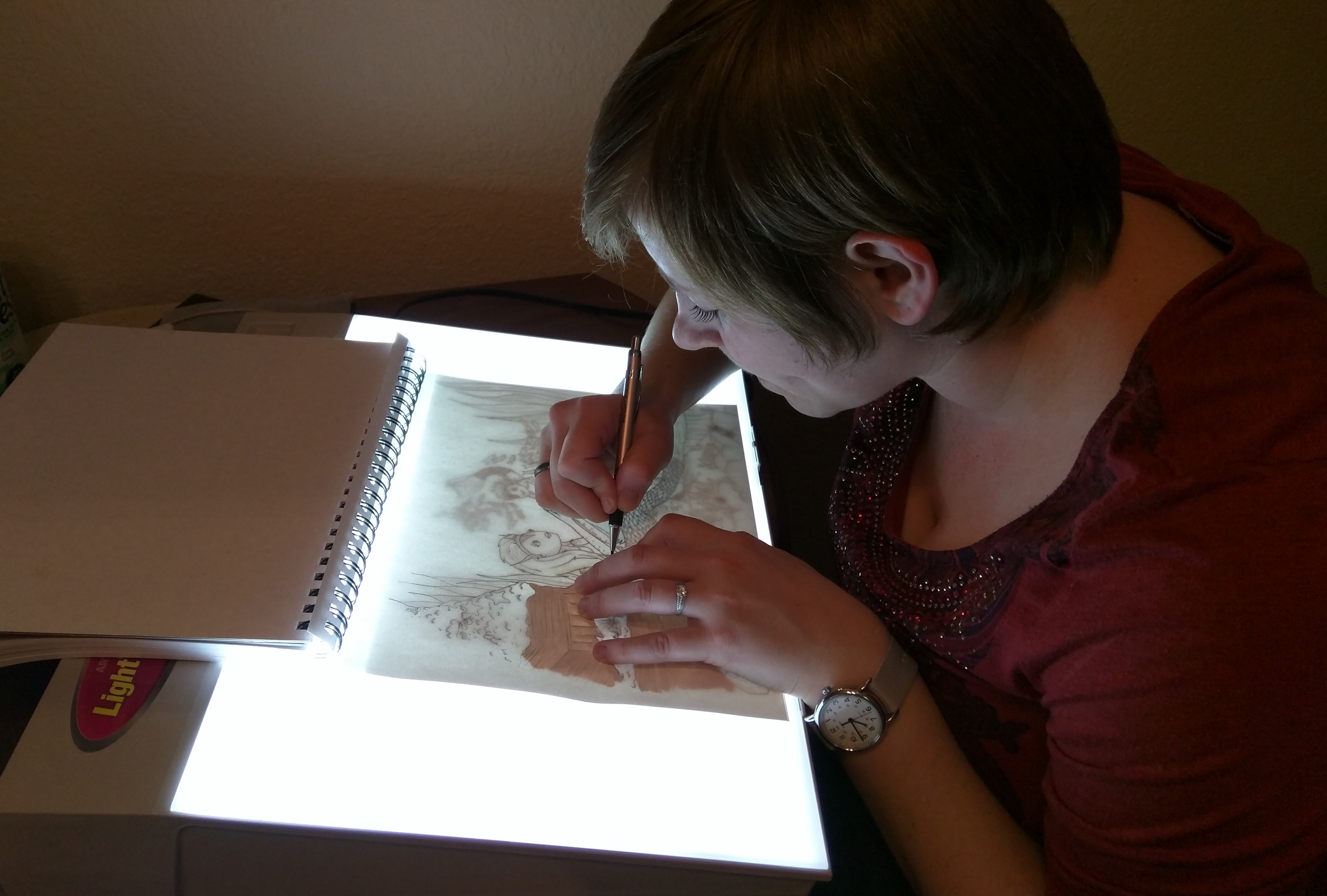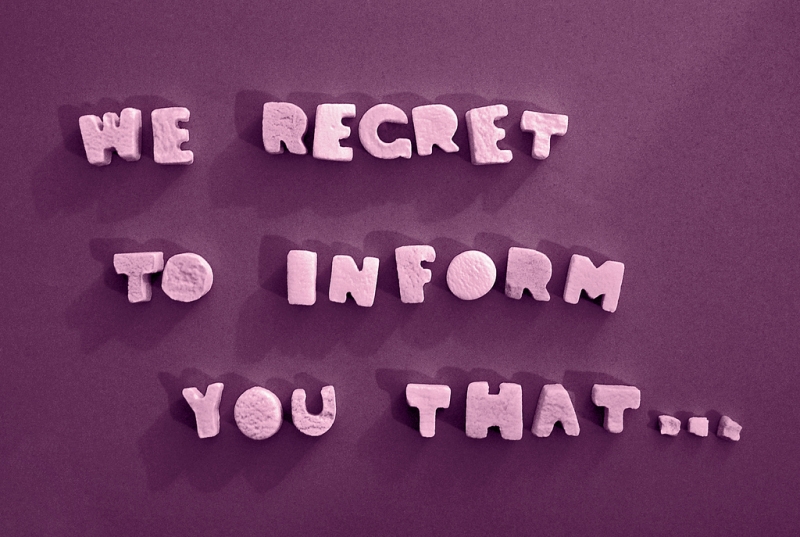-
A to Z Challenge: Z is for Zzzz’s and Catching Some When You’re a Writer
Ideas running through your head at all hours of the day. Frantically searching for a pen and paper to write them down for fear they’ll be forgotten. Worrying you aren’t making enough progress on achieving your goals. Getting up an hour early just so you have that extra time to work on more stuff: social media, blog, book, and the list goes on.
-
-
A to Z Challenge: X is for X-ing Out “Killing Your Darlings”
When I sat at my computer, staring at my manuscript for the umpteenth time, there was a part that would still hold me up every time I’d read it. It was in the first couple chapters and it slowed down the flow of the story to little more than a crawl. I had to find a way to jump my readers into the story so they’d make it past those first pages, or I’d lose them right at the start.
-
A to Z Challenge: W is for Watercolor : Re-Learning and Perfecting a New Medium (Part Two)
Re-Learning and Perfecting a New Medium (Part Two)
In case you forgot, here is the the photo from Part 1 of this Watercolor series, my epic fail to success #1 illustration. Let’s first make a list of where I went wrong:
-
-
A to Z Challenge: U is for Understanding Our Flaws in Writing
As writers, we all have certain tendencies. There are things that we each do when we write that should be avoided, yet we are helpless to stop ourselves from doing them. These are our crutches in writing: the things we need to look out for while editing, because we know they’ll be there. They always are.
-
-
A to Z Challenge: S is for Sock Puppet
Since I began working at the library over six years ago, I have been involved in several side projects along the way. I’ve made posters for Bike to Work Day and Earth Day events; created a shadowbox fish tank with illustrations that fit over a book cart (a future post to come on this project) for Staff Development Day; and my most recent venture which had me creating a video for another Staff Day where I created sock puppets to be the actors for the story.
-
A to Z Challenge: R is for Rejection
Fear of rejection. Putting yourself and your work out into the world is hard enough, now we have to get used to being rejected too? That in and of itself has caused many writers to stop the story they are working on to move on to other ventures.
Handling rejection isn’t something that comes naturally to any of us. In the business of writing, however, if you ever want to get your work published, it is something you must learn to accept graciously, deal with, and move on.
It happens. A lot for many. A little for few.
I had done extensive research before ever sending out that first query letter to gain an agent. I read the blogs that explained how Stephen King’s book, Carrie, had been rejected 30 times before finding an agent to represent it and him. Frank Herbert’s famous book, Dune, was rejected 20 times before it got to the printers. Beatrix Potter had to self-publish The Tale of Peter Rabbit in order to see her book and illustrations in print (for more, see 50 Iconic Writers…Rejected).
When I sent out those first five query letters, I had bolstered my confidence with the understanding that I was bound to get rejected (see my post on
Q is for Query Writing
-
A to Z Challenge: Q is for Query Writing (Part One)
For writers who want to go the traditional publishing route, at some point, you will need to write a query letter. A query letter is a one page letter to a literary agent or publisher, giving specific information about the project you are trying to get published.
If you are querying an agent, your letter is your way of enticing them to want to read more. It is the way you go about getting them to represent you. An agent will become your foot in the door with publishers and the more money they make you in contract negotiations, the more money they make, so it behooves them to shoot for the stars for you and your new manuscript.
The reason so much rejection occurs (see post on handling Rejection), is because agents need to be selective with who they decide to represent. You want them to be this way because you are looking for an agent who feels strongly about you and your writing. The more they believe in your story the more they will fight for you to get the deals you hope to get.
If you decide to go straight to publishers, instead of getting an agent first, then a query will still serve a similar purpose. Publishers, however, often request additional things be sent to them. They may want a cover letter and the first 50 pages of your book, along with an author bio, and a synopsis. Sometimes they may even want an outline, giving them a few lines per chapter about what each chapter is about.
Whatever it is that either party is asking for (literary agents or publishers), it is important to follow their requirements as they have them laid out in their agency’s submission guidelines.
A suggestion I would make to any who are at the querying stage: go to the literary agent’s own blog or website that you want to query. Spend some time there. See if they’ve posted anything on their manuscript wish list. See if they want something a little different when you query them than what their agency requests on their submission guidelines page.
I have seen some agents whose agency wants a query letter, plus a couple of other things (first five pages, synopsis, etc.), but they only want the query. This doesn’t happen often, but why not take the time to have a look, just to be sure?
Part of the query letter that there has been a lot of debate about, is whether to include a personalized sentence or two explaining why you specifically selected that agent or publishing house to represent you. This could include sentences like:
I am submitting to you, for you represent [name of author] whose writing style is similar to my own.
I read on your blog that you are looking for Middle Grade Fantasy with an environmental focus. [One more line as to why yours meets this criteria.]
I’ve read some query letters where the writer mentioned the agent would be a good fit, because they represented the category and genre their book was written for. Though it is extremely important to make sure you are only querying someone who represents the type of book you have written, that is something you should already know before querying them. In other words, it is obvious that you are querying them because they represent your category/genre. Try to dig a little deeper if you can.
Read a few of their blog posts on the subject, take a look at their manuscript wish list to see what they are really hoping to find as they sift through the slush pile. For this part of the query, you are hoping to show them that you’ve done a little more research than the norm. If you take time to learn about them, they will be more inclined to reciprocate.
I have found many great resources on query writing in the past year. Queryshark is one of them. This site, run by literary agent, Janet Reid (FinePrint Literary Management), is for writers of fiction, where queries can be submitted to be critiqued, sent back, edited, and then the process starts again. You will get great insight into what you’re doing wrong. Read all the past posts in the archives and see a wealth of knowledge without even submitting yourself.
I found Brigid’s blog, My Life as a Teenage Novelist, very helpful because she has a post called
What I Learned from Queryshark









